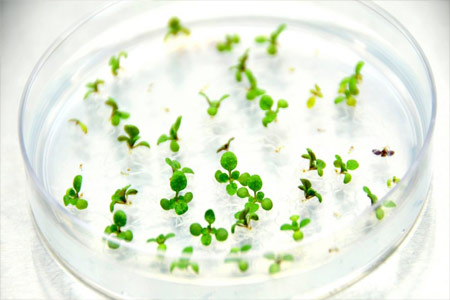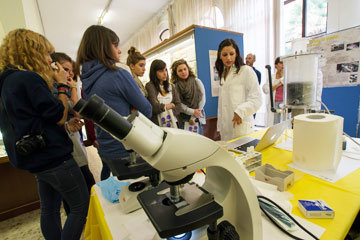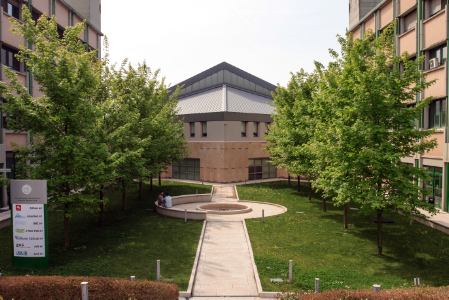Oenoccoccus oeni is a lactic acid bacterium of fundamental importance in oenology for its ability to perform malolactic fermentation in wine. It presents peculiar genetic (lack of mutS-mutL system, codng for two key enzymes in the Mismatch Repair Pathway, a unique case for the taxonomic order of Lactobacillales) and genomic (it has the smallest genome described to date for a lactic acid bacterium, about 1.8 Mb), and it is adapted to a very specific and selective niche. The applied interest has motivated several studies focused on (i) species biodiversity from a physiological and genetic viewpoint, and (ii) on the analysis of stress response in terms of expression of few genes or presence/absence of genetic markers. However, such studies are fragmented, focused on only few strains with oenological potential (excluding, for instance, the type strain of the species, scientific reference ppoint for biodiversity studies), and on a relatively low number of genes.
The main aim of this project is to apply genomics and transcriptomics approaches to the analysis of a collection of strains either in pure culture and in co-cultivation, to obtain an integrated view of the molecular mechanisms behind stress response, evolution dynamics in a biodiversity perspective, interaction among strains and niche adaptation.
This will allow the definition of O. oeni as a novel model organism useful for a more complete comprehension of lactic acid bacteria and Gram-positive bacteria with a low GC genome content, together with Bacillus subtilis and Lactococcus lactis. The inclusion of all the type strains of the two recognized species in the genus Oenococcus will also make it possible to evaluate the result in the rigorous framework of bacterial taxonomy.
Novel genome sequenze will be obtained, and novel trascriptome and meta-transcriptome data, during exponential growth and in stress conditions, which will give a huge amount of information on the basal metabolism f the cell at strain and species level, on stress response and the ability of cooperation among different strains in co-culture, to obtain a significant advancement on the basic biology of O. oeni, with possible applied implications.







